…Everybody got to wonder
What’s the matter with this cruel world today…
MODERN TIMES begins, as it ends, in an apocalyptic landscape. The earth itself is in tumult. Volcanoes, hurricanes and whirlwinds scour the land. The power is cut. It’s like Hell’s Kitchen. Everything is broken. Hot stuff everywhere. For the singer, the writing is on the wall. He’s already offered up some prayers. Now he has to clear out of town fast.
Soon it will be morning. He grabs his trombone and blows. He’s driving north, his eyes blinded by tears. Rain lashes the windscreen. He grabs the steering wheel in fury. The images almost overwhelm him. A beautiful face flashes in front of his eyes. A vision of perfection. He licks his lips around the name…. A young singer. Alicia KEYS…. perhaps she will be the key, his salvation. He keeps his eyes open for her all through Tennessee. He will devote himself to her. He wants a REAL GOOD woman who will obey him. And he will find her. He will never betray her, even when he stands before God. Now the sun is shining, almost blinding him. ….
But he doesn’t need a map. He already knows where he’s going. He begins to fantasise. He will raise himself an army. The toughest sons of bitches. They will ravage the countryside. And God, of course is on his side.
A conversation is going on in his head. Between a man and a woman. Maybe it’s still Alicia, maybe not. Maybe it’s a demon, talking to an angel. God conversing with the Devil. And after all, you gotta serve somebody…
His fantasies become lascivious. He’s got the porkchops, she got the pie. Ha ha ha. Slaver slaver, drool drool…. But she won’t play ball. She cries SHAME on his wickedness. SHAME on his evil schemes.
The elements coverwhelm him. The demon takes the form of a whirlwind bearing down on him. Something bad’s gonna happen. He panics. Like everyone else, he wants to leave the country. Maybe if he keeps driving he’ll reach Canada. Then he can become a farmer. He’ll renounce the demon. Put down his pitchfork. Lay down his hammer. Finally he hears her pitiless voice, telling him he ought to take pity on himself.
It doesn’t sound as if his sins are going to be redeemed…
MODERN TIMES is, as a number of commentators have already commented, an ironic title. Dylan’s album is couched in the musical and lyrical language of the pre-war blues, Western swing and crooning styles. Like an old-time musical entertainer, he switches between styles smoothly. You can almost see him up there, twirling his cane, a glint in his eye. There is a reference, if you like, to Chaplin’s balletic masterpiece of the same name, the last gasp of the great poetic art of silent movies. Chaplin’s film railed against modern styles and modern life, showing technology dwarfing the scale of humanity. And Chaplin’s film was made in the late 30s, as the world moved inexorably, stupidly, lumbering towards a great apocalyptic cataclysm. In his next film Chaplin became Hitler himself. Dicing with the Devil. And so it is with Dylan’s new album, which could be subtitled ‘A Hard Rain’s A Gonna Fall‘… Great title, but it’s been used before. Like Chaplin, Dylan sees the only response to the coming cataclysm in mocking humour.
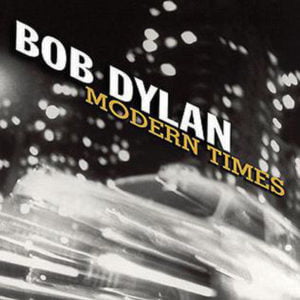
Dylan’s previous album, LOVE AND THEFT, was released – spookily – on September 11th 2001. Already the portents were present. High Water flooded the earth. In Tweedle Dee And Tweedle Dum Dylan wrote, in six short words, the best description of war ever: …Two Big Bags Of Dead Men’s Bones... In the years since its release, war and paranoia have increased around us daily. Those big bags have overflowed. And in Washington, where in THUNDER ON THE MOUNTAIN the ladies are ‘scrambling to get out of town’, America’s leaders kneel and pray. Our own lovely Tony Blair kneels with Bush to be reassured that God is on their side. Tweedle Dee and Tweedle Dum.
Nothing fires Dylan up more than hypocrisy, especially in those early protest songs (‘Even Jesus would never forgive what you do!’- Masters of War) and again in the songs of his so-called ‘born again’ period. Time and time again he warns us that the Hard Rain is falling. The Hard Rain, he tells us, is LIES. And now, on MODERN TIMES, he reaches back into the soul of America, of the modern world. Often, as with LOVE AND THEFT, we are in the 1920s. At other times we go further back, to the American Civil War. On stage Dylan dresses like a Confederate dandy, a riverboat gambler out of Huckleberry Finn. In Chronicles he tells us how relevant the Civil War is to the condition of America today. Dylan has said that he wants his songs to STOP TIME. The Times, he once sang, Are A-Changin’. When he sings that song now it’s a slow lament, a recognition of universal processes. In LOVE AND THEFT and MODERN TIMES he takes us a trip on a kind of magic swirling time machine. One moment we’re in the 1930s, next moment we’re meeting Alicia Keys or getting ready for a ‘bootie call’. We’re seeing the present through a prism of the past. Looks like tomorrow is coming on fast, he sang in SILVIO, from his unlamented late 80s low point DOWN IN THE GROOVE. And he kept singing that song. Seen better days, he would drawl, but who has not…
THUNDER ON THE MOUNTAIN has one of the greatest openings to any Dylan album. Appropriately, there is a roll of drums. A guitarist picks out a blues groove. There is a pause, just for a millisecond, so we can draw breath. Then the whole band kicks in. Of course, we’ve heard the tune before. It’s the speeded up blues lick that Chuck Berry used for JOHNNY B. GOODE, his apocryphal tale about a boy with a guitar who heads for the big city. Chuck liked the tune so much he used it on a lot of his other records. Its unlikely he invented it, though. Nearly all of the blues is handed down through time from God knows where. On MODERN TIMES Dylan steals liberally, both musically and lyrically, from many sources, just like all the great bluesmen did. The band plays it cool. They are tight, unfussy. The relative flashiness of guitarists like Charlie Sexton and Larry Campbell is gone. These guys – Kimball, Freeman, Herron, Garnier, Recile – are Men In Grey – they play together like they’ve been doing it nearly every night for a year (which of course they have). The groove they set up is relaxed and smoothy, allowing Bob’s vocal variations to make the song flow. And what a voice he has now. You can hear it in the gigs he’s been playing in 2006. The characteristic Dyan rasp is still there, but now it’s modulated by a deceptive sweetness of tone, achieved by Bob’s clandestine study of the crooners of the 30s and 40s. In his early years he sang in a deliberately alienating nasal drawl. He forced you to listen to the words. Made you sit in your seat and wouldn’t let you dance. Now you can dance to all Bob’s music. Finally he has achieved his ambition, as stated in his callow youth, to ‘carry himself like Big Joe Williams’.

BIG JOE WILLIAMS
For the first few verses, he is as cool and detached as his musicians. Occasionally the voice threatens to break, as when he pronounces ‘waaall’ in the third verse. He even sounds pretty cool about Alicia, innocently baffled by her presence in the song. There is a musical break, allowing the band to stretch out. When he sings ‘Remember this, I’m your servant both night and day’ he sounds quite calm, self-assured. But when he comes to ‘I want some real good woman to do just what I say’ he wobbles a little.
The next musical break steps the tempo up a little. He sounds hopeful, cheerful even, belying the tension in the words, his voice lifting at the ends of lines… …some sweet day I’ll stand before my KING…. he lilts. Then, as he threatens to raise an army and stages his lustful conversation, his voice becomes rougher, more caustic. In the final section he sounds rueful, still with that glint of humility in his voice until the music dissolves in a classic blues crescendo, finally returning us to the guitar flourish it began with.
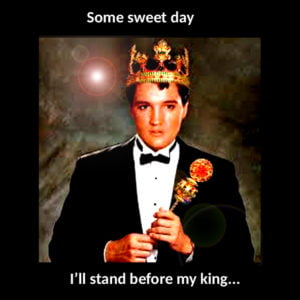
THUNDER ON THE MOUNTAIN is a moral drama. Or a moral maze. The narrator seems to be one who has few moral boundaries. It’s with great relish that he declares, in the song’s most audacious extrapolation of traditional blues imagery …I’VE SUCKED THE MILK OUT OF A THOUSAND COWS… In the blues such imagery is usually related to a kind of frustrated sexuality, as in Robert Johnson’s MILK COW BLUES (covered by the young Elvis and the young Dylan). But here we feel that the narrator has sucked the lifeblood out of Mother Earth herself. The singer may have said his religious vows, but he seems like a potential mass murderer. All around him the Earth seems to be erupting in chaos. But only the voice of the female figure he is pursuing seems to bring him down to earth. In the end he promises to lay his ‘pitchfork’ and his ‘hammer’ down for her, but there is no escape, in this chaotic landscape, for the confusion he has wrought. The last words are pure acid: …For the love of God, you ought to take pity on yourself!… There seems little chance that he will.
A different version of this text appears in DETERMINED TO STAND: THE REINVENTION OF BOB DYLAN
DYLAN LINKS
DAILY DYLAN NEWS at the wonderful EXPECTING RAIN
THE BOB DYLAN PROJECT- COMPREHENSIVE LISTINGS
STILL ON THE ROAD – ALL DYLAN’S GIGS
THE CAMBRIDGE BOB DYLAN SOCIETY
[/cmsmasters_text][/cmsmasters_column][/cmsmasters_row]
BOB DYLAN’S GOSPEL YEARS (Part Two) from ‘Minstrel Boy: The Metamorphoses of Bob Dylan’
Chris continues his examination of BOB DYLAN'S GOSPEL YEARS, exploring songs from SAVED and SHOT OF LOVE
VIDEO PODCAST: BOB DYLAN’S VISIONS OF JOHANNA: THE GHOST OF ELECTRICITY
Chris dives very very deep into BOB DYLAN's amazing symbolist rock song from 1966's BLonde on Blonde, Visions of Johanna
REVIEW OF ‘MINSTREL BOY’ AND INTERVIEW IN RNR MAGAZINE, JANUARY 2026
THis review of MINSTREL BOY was published in the recent edtion of R and R magazine. Do enjoy!
BRUCESPRINGSTEEN’s STREETS OF MINNEAPOLIS: SINGING THROUGH THE BLOODY MIST…
STREETS OF MINNEAPOLIS is a new and very explicit protest song by Bruce Springsteen referring to recent killings of civilians by ICE agents.
VIDEO PODCAST: BOB DYLAN’S TOMBSTONE BLUES: THE SUN’S NOT YELLOW….
Chris examines Bob Dylan's magical and surreal satire TOMBSTONE BLUES from 1965's HIGHWAY 61 REVISITED
BOB DYLAN’S GOSPEL YEARS (Part One) from ‘Minstrel Boy: The Metamorphoses of Bob Dylan’
The first part of Chris' detailed examination of Bob Dylan's 'gospel' or 'born again' years, adapted from 'Minstrel Boy'
VIDEO PODCAST: Pat Garrett and Billy The Kid: That Long Black Cloud…
Chris discurses on Bob Dylan's first entry into 'Hollyeood' with his role in Sam Peckinpah's PAT GARRETT AND BILLY THE KID, supplying its beautiful soundtrack and some 'interesting' acting! The movie is the source of the Dylan classic KNOCKIN' ON HEAVEN'S DOOR, though some versions of the movie leave it ourt!!"! Grrr!!!
SERIES OF DREAMS – TIME OUT OF JOINT (extract from ‘Minstrel Boy’)
Chris examines the mystical SERIES OF DREAMS, which was unaccountably left off the OH MERCY album
QUEEN JANE APPROXIMATELY: WHEN YOU’RE SICK OF ALL THIS REPETITION…
CHris looks at Bob Dylan's enigmatic and teasing 1965 song QUEEN JANE APPROXIMATELY from 1965's HIGHWAY 61 REVISITED
VIDEO PODCAST: Bob Dylan’s Songs of Social Protest (Part 4)
Chris dives deeply into three crucial Bob Dylan eary protest songs: Oxford Town, Only a Pawn in Their Game and The Lonesome Death of Hattie Carroll, which confront issues of racism in the US during the Civil Rights era
VIDEO PODCAST: Idiot Wind: Kiss Goodbye to Howling Beasts
Chris divers very deep into Bob Dylan's fabulous and explosive IDIOT WIND from BLOOD ON THE TRACKS, with much emphasis on variant versions of the song
I WANNA BE YOUR LOVER/SHE’S YOUR LOVER NOW: A Dead Man’s Last Pistol Shot
Chris does a deep dive into I WANNA BE YOUR LOVER and SHES YOUR LOVER NOW, two great unreleased songs from 1965/66


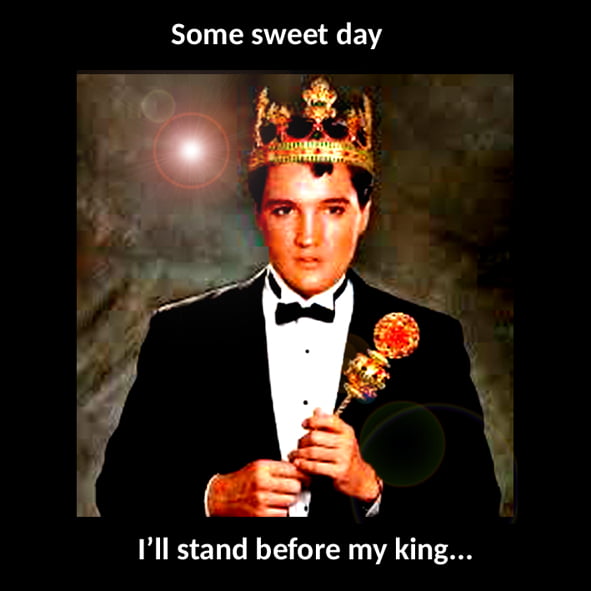


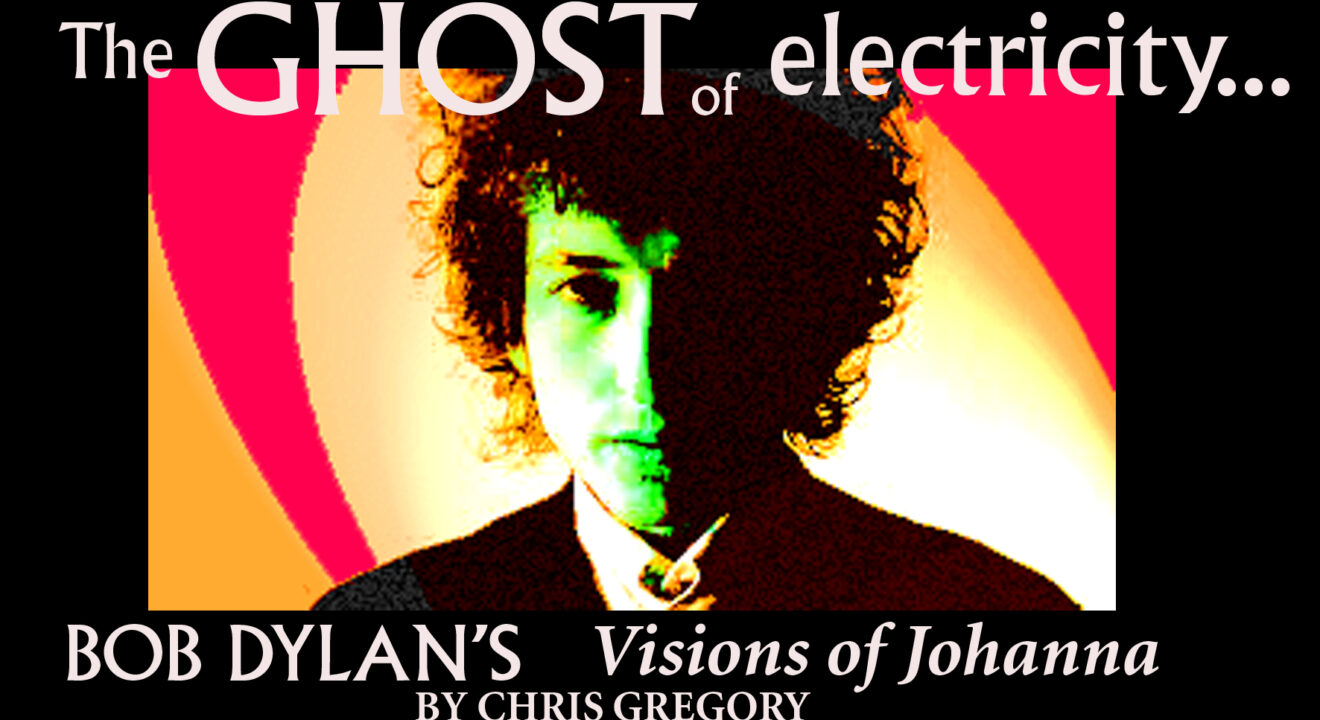
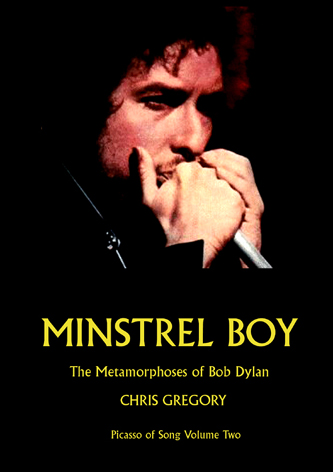

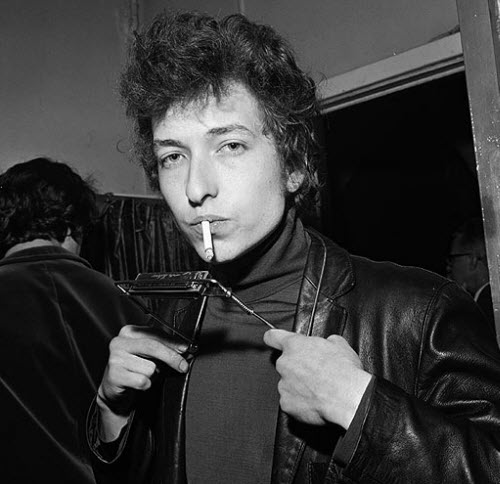



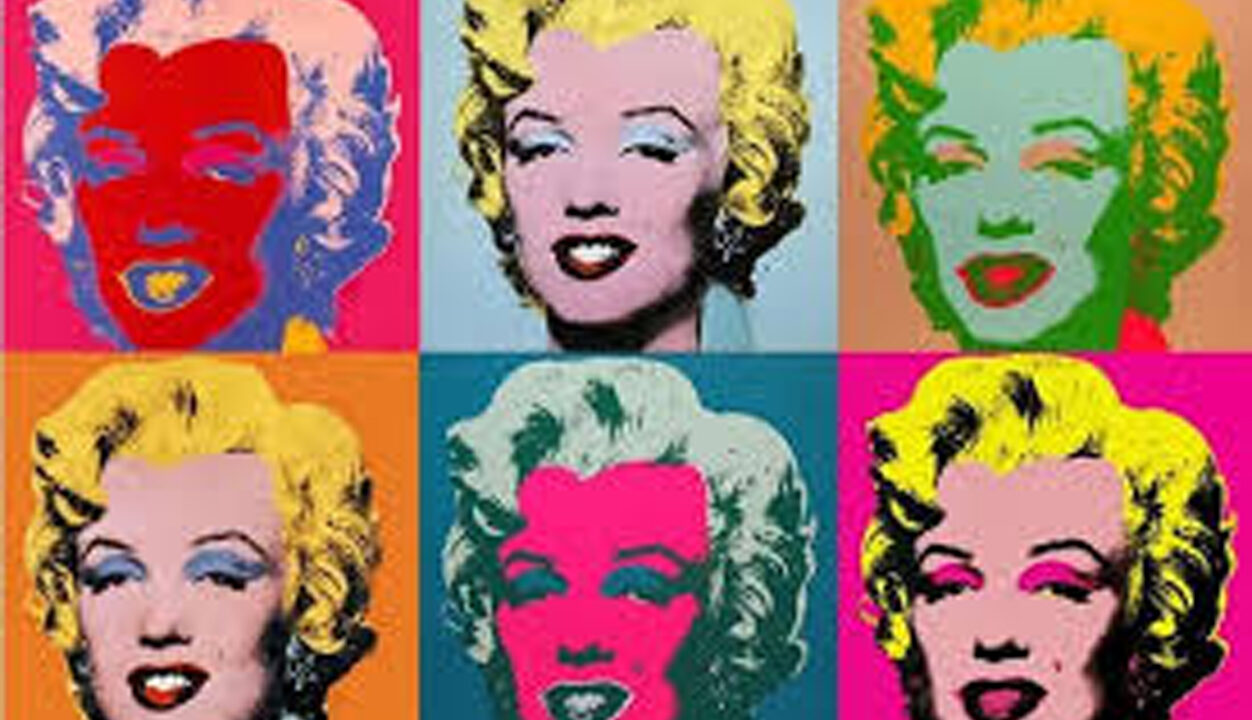
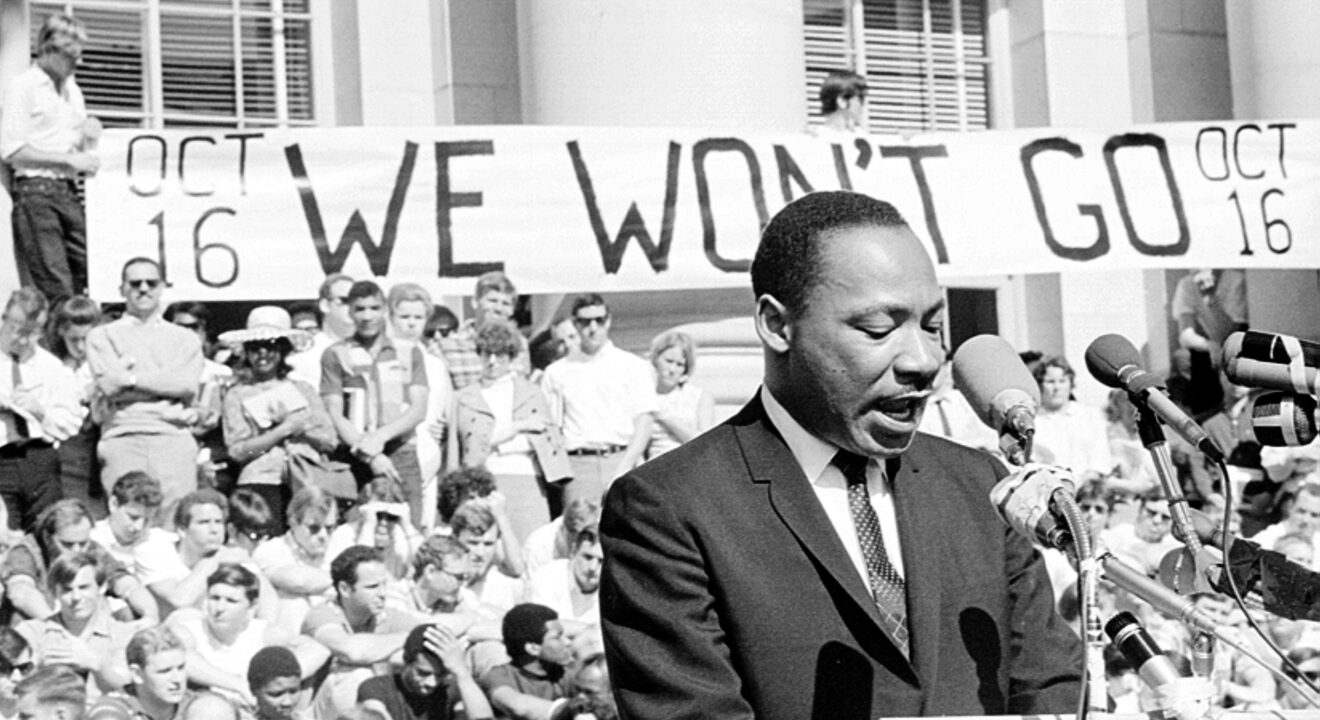


Leave a Reply